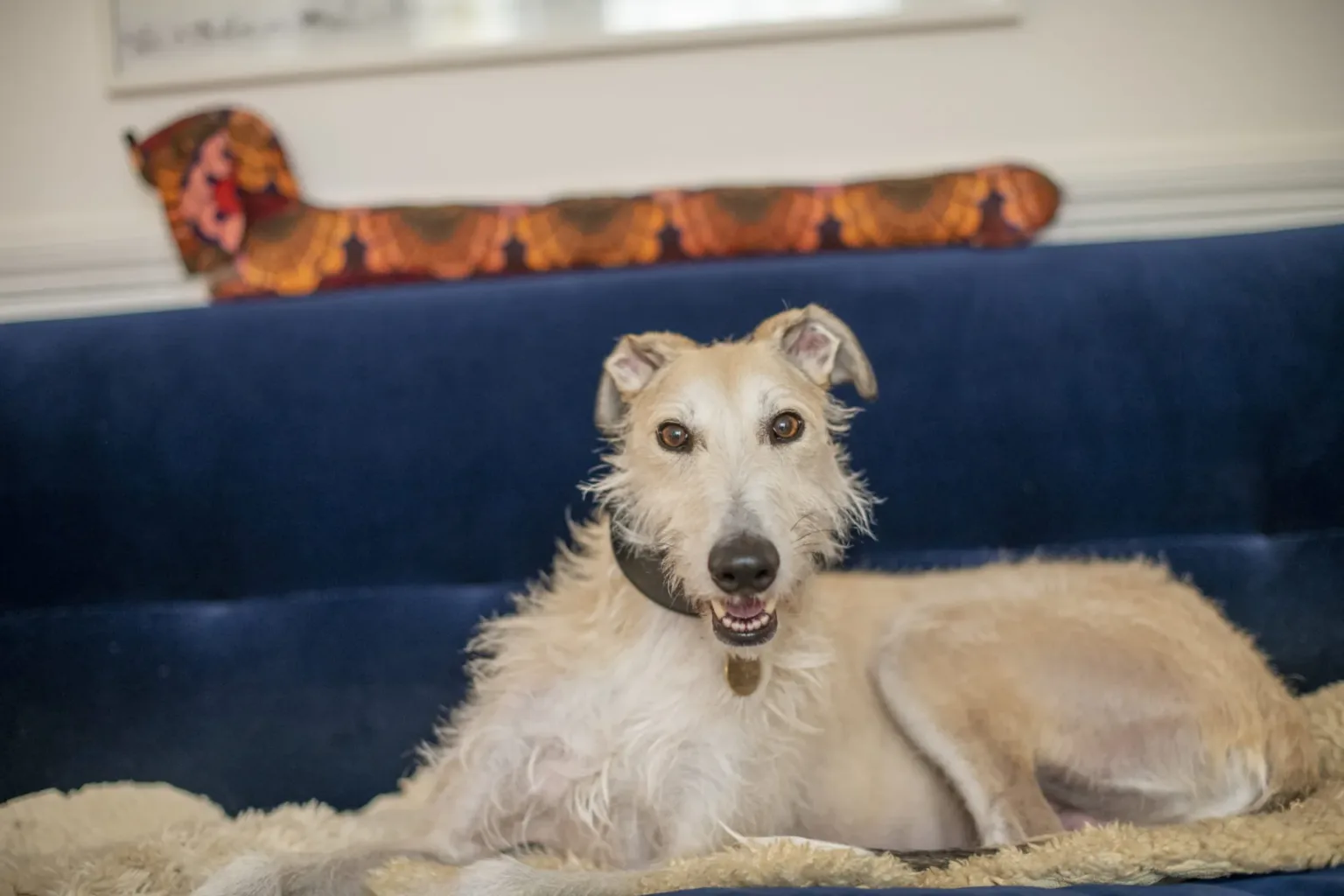Could you star in The Dog House?
If you're looking for a match, filming for the next series starts this Spring.

If you’re going away and can’t take your dog, finding somewhere for them to stay is a big decision. Dog home boarding could be a good option for you if you’d prefer your canine companion to stay in a familiar homely environment while you’re away.
Home boarding is different from kennels, it offers your dog a more cosy, homely environment where they can enjoy some one-on-one time. And if you have a sociable dog who’s used to visiting different locations, dog home boarding could be a good option for your furry friend. Here are some things to consider before deciding whether to book your dog in for a holiday of their own.
Home boarding is regulated in a similar way as boarding kennels and doggy daycare. So if you’re considering a home boarder, ask to see their licence – they should display their certificate at the boarding premises. If they don’t have one, they may be operating illegally.
As with doggy daycare, boarding kennels and dog walkers, home boarders and their staff can run their business without needing qualifications in animal care, behaviour and training. So before you book your dog in, ask the home boarder what relevant training and qualifications the staff have.
Home boarding is more like normal home living than boarding kennels, and each home boarder has their own set up. So it’s best to check where your dog will be staying to make sure it suits them, and you’re happy for them to stay there.
When you think you’ve found the right home boarder, book your dog in for a day or two to make sure. When you know they’re happy and well looked after there, you can book them in for a longer stay whenever you need to.
If you don’t fancy doggy daycare or home boarding as an option for your dog, you might want to try something more traditional. It’s worth trying a short stay at boarding kennels or a cattery so your pet can get used to the environment. The staff will also be able to give you feedback on how they behaved, if they ate, and other factors, during their stay.
There are specialist boarding facilities for small pet species too. Look for places that have appropriate vaccination, care, and cleaning protocols. Ensure the housing and any enclosures are suitably sized and appropriate for the time of year, especially during heatwaves or winter. To avoid any stress or fighting, the housing must keep them separate from other pets. Always pop along and visit before you book. You may not get to see the animals being boarded, but you should ask to see any vacant housing.
Though professional boarding establishments are regulated and the premises are inspected, it is still important to do your homework and ensure that you are comfortable with the individual caring for your precious pet.
When leaving your pet with a trusted individual, it’s important to give them instructions and information to help them give your pets the care you want them to receive. We recommend providing the following:
If you’re unsure about doggy daycare, kennels or home boarders, finding someone to take care of your dog at their home is a great option. You might know someone who loves dogs and is at home a lot, but is unable to have a dog. If they’re happy to help, they’ll be able to take care of your dog’s individual needs. This type of care is often the best option for young adult dogs and puppies.
The next best solution is a registered doggy day carer, or a registered home boarder that also does day care, in their own house. They may have a few dogs staying with them, but your dog will get a more individual approach to care. They’ll also have different spaces to relax, away from the other dogs, if they want to.